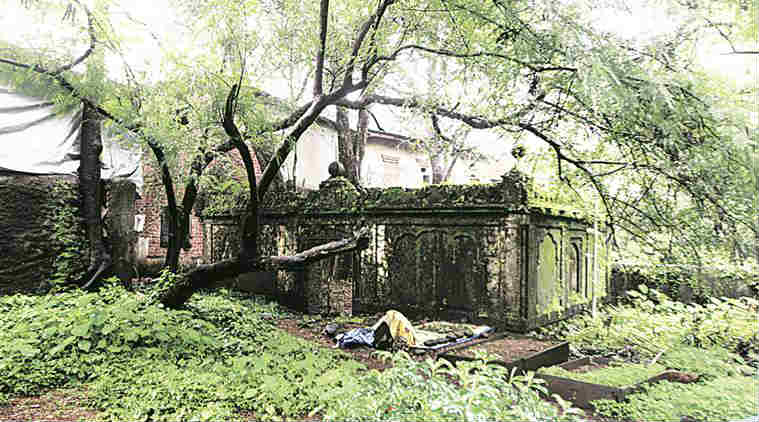Once upon a time, Kalyan was a busy port so a number of trades from Arabia and other countries landed here for business. When they preached and intermarried, there emerged a Muslim community, which is called as Konkani Muslims today. Konkani Muslims in Kalyan has a long history of maritime trade. A majority of the earliest inhabitants were fishermen and spice traders including salt business.
The City of Kalyan
Kalyan is a city in Thane district of Maharashtra state in Konkan division and a part of Mumbai Metropolitan Region. It is governed by Kalyan-Dombivli Municipal Corporation. Kalyan is the 9th biggest city in Maharashtra and 28th in the country. Kalyan has rich Muslim History. The city of Kalyan was surrounded by a fort wall, the construction of which began during Shah Jahan’s reign and was completed during Aurangzeb’s time in 1694 AD. This city wall was guarded by 4 gates and 11 towers. The fort wall enclosed an area of 70 acres and on a high mound near the Kalyan creek, where the current Ganesh ghat stands, was a fine fort since as early as 1570.
History
Some of the Konkani Muslims living here trace their history to the tenth century that their ancestors were all businessmen and their religious practices are similar to those Muslims who are inhabitants of the western coast of India and Indonesian Muslims. All these belts came under the influence of Arabian Traders in the 13th Century and saw large scale conversion. The place has its share of rich history. Some of the old houses, which have stood the test of time, depict the rich Mughal and Maratha heritage. Tanki Manzil, perhaps the most iconic of the lot, is about 200 years old. Nearby is another heritage structure, the Dhure Manzil. Stained glass windows and arched entrances, which draw inspiration from Mughal architecture, typify these houses.
Mosques
There are around 15 mosques in the main Muslim settlement in Kalyan. Some locals say that the Kali Masjid, built in 1605, is the first mosque built there but other regard Baddu Ali Masjid to be the oldest one. , Bubere contests this, arguing that the Baddu Ali Masjid came first. People have been offering prayers at the Baadu Ali Masjid since 1288.
Makhdoom Mahimi Connection
According to the locals “Had history taken a different course, the Dargah of the scholar Makhdoom Ali Mahimi would have come up in Kalyan. Mahimi, a Konkani Muslim from Kalyan, was taken away by his mother to Mahim after his father’s death. Later, the scholar, who wrote the exegesis of Q’uran, was buried in Mahim.
Surnames of the Community
The surnames of the Konkani Muslims in Kalyan are unique. The commonly found ones include Tanki, Farid, Mirsinge, Sutar, Bubere, Phalke, Madni, Dhure, Don and Qazi. They have been derived either from their ancestral profession or place of origin.
Present Circumstances
Over the years, community members have moved on to dairy and sand dredging businesses. Owning land in the Mumbai Metropolitan Region has also helped some members prosper. The community’s biggest bane, however, is a high illiteracy rate. “There were no schools in Kalyan till 1956. Those who wished to study had to go to either Bhiwandi or Mumbai. The limited access to school meant several parents discouraged their children from taking up formal education.
Earlier, there was a mindset that only those in need for a job need education. Since most of the families owned businesses, the importance of education was underestimated. It was only in 1956 when the area got its first school, which was built by the then corporator Hassan Tanki. Better educational access these days has also meant that the community’s work profile is undergoing a transition. Among the newer generations, we are seeing many engineers, doctors, chartered accountants and journalists.
Lack of Infrastructure
The locals complain that the region suffers from the lack of infrastructure development. When it rains, there are flooding and potholes everywhere. The roads are littered with waste but the community may also have itself to blame. Every time there is talk of development, citizens oppose it citing damage to their houses and graveyards. The area is strewn with graveyards, all family-owned. The Konkani Muslims in Kalyan bury their dead in the family graveyards. These are private pieces of land donated by families.







Leave a Reply